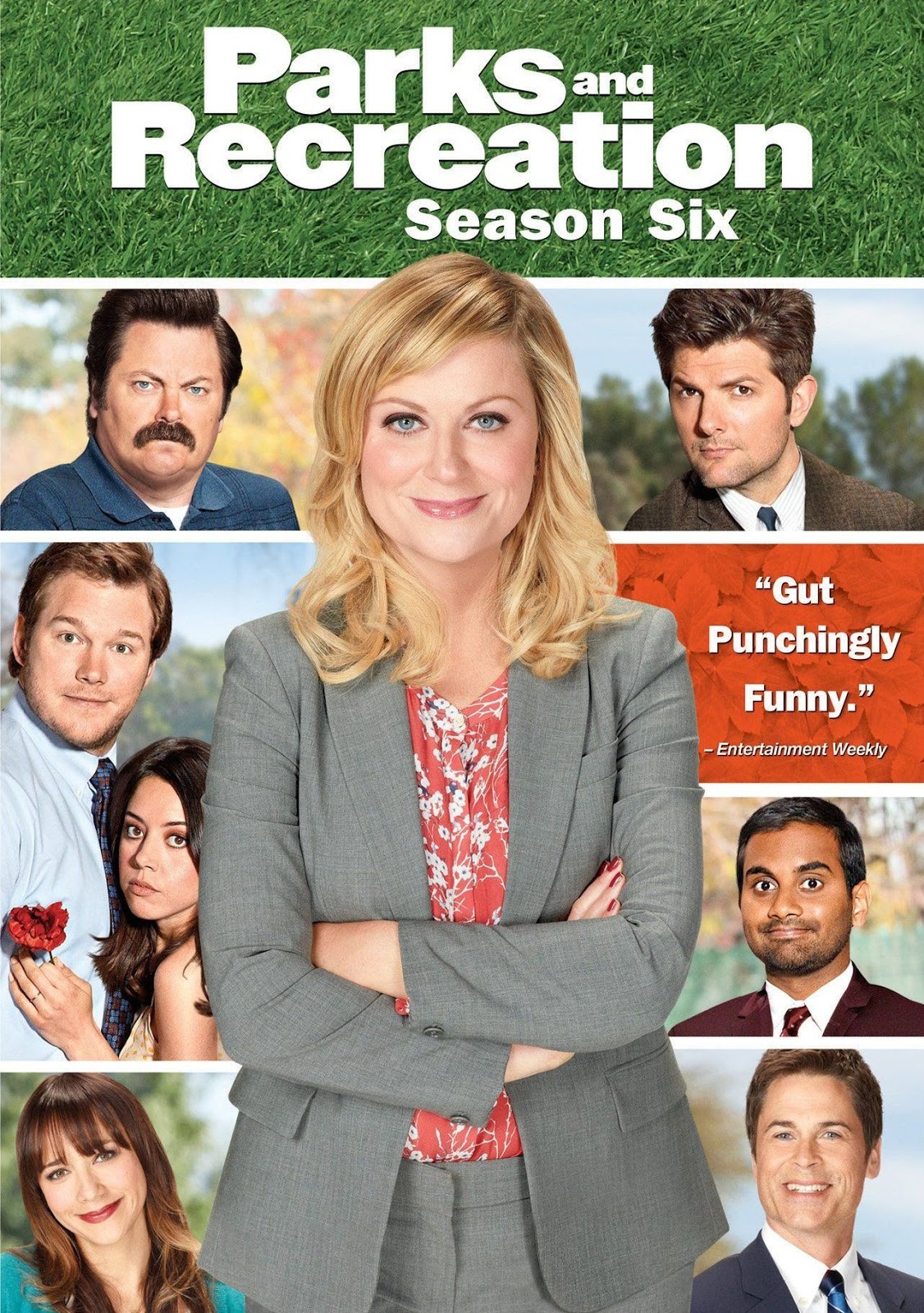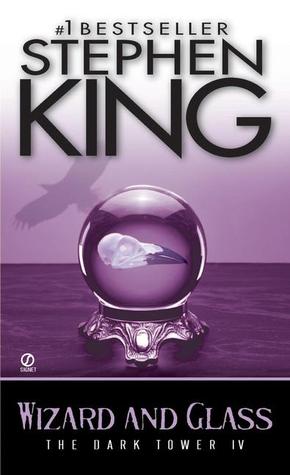I'm caving on this one. I haven't touched it for about ten months now, and I always intended to post it only once I hit a certain goal with my weight. But, screw it. If I hit that goal anytime soon, it'll be no thanks at all to Wii Fit U, so I may as well call this one finished, to whatever extent you can beat Wii Fit U in the first place.
First, a quick summary of the game. Or, experience, or whatever this is called. Wii Fit U is essentially just a bigger and better version of Wii Fit. All the same games are there, as far as I can tell, and so are many more. Most of them incorporate the balance board, a Wii peripheral that shipped with the first game back in 2007. This one also makes use of a pedometer which you're supposed to carry around with you all day to track your daily fitness; I haven't touched mine in months. Wii Fit probably wasn't worth its $100 price tag back in 2007, but you could get this game for free if you bought the $20 pedometer last winter, which is a much better deal. (Again, as long as you have the balance board.)
Now that that's out of the way, allow me to regale you all with the history of my own weight. It's not much of a story, so bail now unless mundane information about me excites you. We'll do this in bullet form to keep it as concise as possible.
- I was always a really skinny kid. I was also a picky eater. I don't have any concrete numbers, but there were plenty of kids throughout elementary and middle school who weighed more than I did even though I was always among the tallest of people in my grade. So for most of my life, any dissatisfaction I've had with my weight has been a desire to bulk up and weigh more, if anything.
- This came to a head when I went for my physical early on in my high school freshman year. I weighed 153 pounds and stood at 6'1" tall. This alarmed my doctor, who noted that in eighth grade I'd been 6'0" and 154 pounds. To gain an inch but lose a pound was something they didn't like to see, I was told, even though plugging the numbers into a BMI calculator right now I can tell you that this "concerning" weight loss left me with a BMI of 20.2 - right in the middle of the "normal" range on the BMI scale. I get it - I was a growing boy and all - but if I'm feel like punting responsibility for my eating habits over the ensuing twelve years, I can always look back and blame that doctor for telling me my thin stature was a cause for concern.
- I spent high school packing on the pounds - who doesn't fill out, once puberty ends? - and though I've got no hard numbers, I know I was somewhere around 180 or 190 in my junior or senior year.
- College came, and while I probably gained more of a "freshman five" than a freshman fifteen, that summer I had an internship working a desk job for forty hours a week. I went to a nearby Wendy's almost every day for lunch, often getting three or four items on the dollar menu. I think I gained fifteen pounds that summer alone. This was the first time I was ever remotely concerned that perhaps I wasn't "thin" at all anymore, and maybe even kind of sort of fat. I was probably around 215 or so.
- At the very end of sophomore year, I was 225 and legitimately annoyed about it. For the first time in my life, I began actively trying to lose weight. That summer I worked at the same desk job, but avoided Wendy's this time around and some days skipped lunch entirely. I also took up running - a few miles a week at most - and wound up somewhere around 210 by August. Content with myself, I stopped giving a shit all over again and was probably back to 215 by the time junior year started...
- ...and then, somehow, a good 230 or so once it ended. The following summer, another five pounds or so were lost. And then in my senior year it all went to shit, badly, and I graduated somewhere around the 245 mark. There are plenty of possible culprits here. Beer, a slowing metabolism, a sedentary lifestyle, poor sleeping habits, worse eating habits, and just a miserable diet that consisted of campus sub shop sandwiches and all kinds of preservative-laden frozen food at Target. And also tons of ice cream and tons of straight up Coca-Cola. I was legitimately a fat guy at this point. (Still am.) The BMI calculator says, quite clearly, that by this time I was technically obese.
- Upon entering the workforce, I abruptly quit drinking soda, except for diet soda. I didn't begin to run or exercise, and I'm sure I ate no healthier overall. I didn't lose much weight, but for three or for years I at least maintained it. (I also became addicted to diet soda, but that's another health issue entirely.) My all time high, and I forget when it even occurred, was 256 pounds. For the last five years though, I've mostly hovered around 250. So after gaining some 45 pounds in four years at college, I gained 5 in the four years that followed - and again, my only big change was cutting calorie sodas from my diet. So, if there's one word of advice you should take from me on weight loss, it's to try that, if you haven't yet!
- When I got engaged in the summer of 2012 weighing 250 pounds or so, I knew I could spend a year losing weight and perhaps drop back down to 225 or maybe even lower for my wedding. It was nice to have a goal. Unfortunately, I never really got started with the weight loss, and when the summer of 2013 came, I was still sitting at 250. With two months to go, I went into an all out calorie-counting starvation-based diet. "Starvation" is a stretch, for sure, but I was trying my hardest to stay under 2,000 calories a day. (For a 250-pound sedentary man to lose weight, he needs to be under 3,000.) The flash diet worked, and I wound up at 238 on my wedding day.
- It's been just over a year now, and I'm happy to say I haven't gained all that weight back. These days I fluctuate between 240 and 245, apparently unable (or perhaps just unwilling) to break through into the 230s. With no real milestones coming up, I've lacked the motivation to set specific goals for specific timeframes. But several numbers do hold interesting values:
- At 237 pounds, my 6'2.5" body would hit that 30.0 BMI threshold and I'd no longer be obese. Overweight, bordering on obese, but... not obese. That's something!
- At 230 or so, I would be as light as I have ever been in my adult (21+) life. Even in the mid-230s I'd be as light as I've been since college. This, too, would be something!
- At 220.4 pounds, I'd be 100 kilograms. That's a hell of a milestone, at least in the metric system.
- After dropping below 200 pounds, well, I'd finally be under 200 pounds. I don't realistically think I can get here without some drastic lifestyle changes. This, for me, is more of an "ultimate goal," and something to perpetually strive for without ever really expecting to hit.
- Then again, just three pounds below that, at 197, is the threshold between "normal" and "overweight." If my goal here is literally to not be overweight, then numerically it must be 197 pounds. Again, we'll see. Motivation can be tough. The only two times I've actively gone on weight loss sprees, it's mostly been because of calorie cuts, and it's also only lasted two months and been good for just fifteen pounds. If I do this three or four more times over the next few years, then, sure, I guess I can get there.
- Still, it starts with 240. I've got to get back under 240 before I can get any lower, obviously. Time will tell!




















